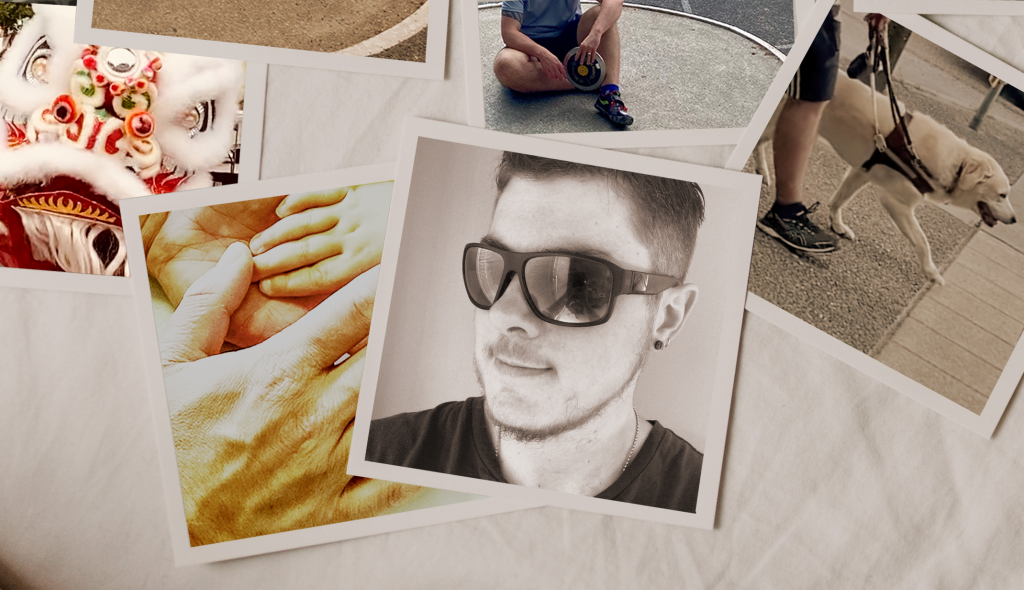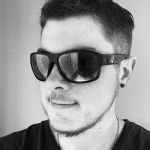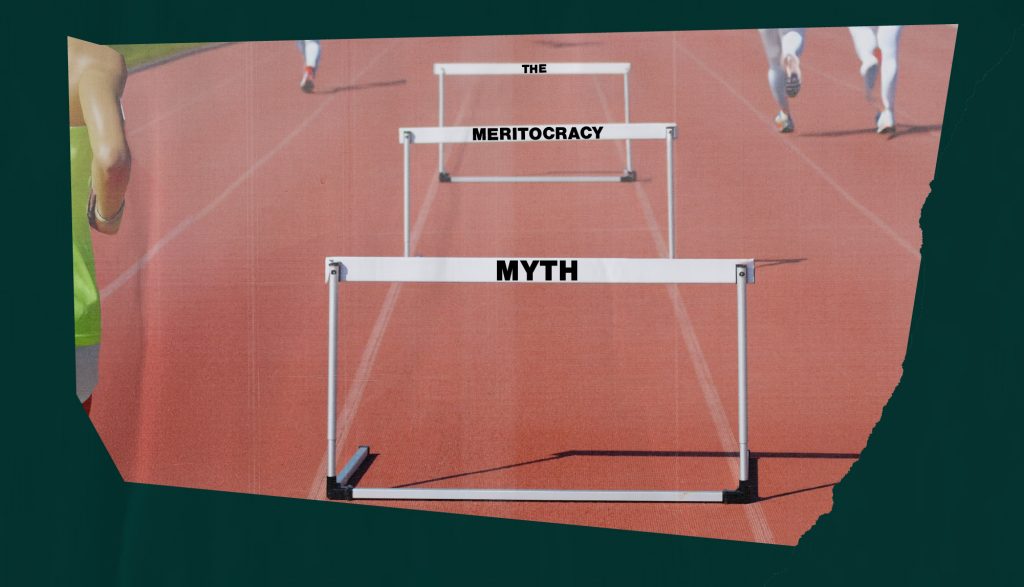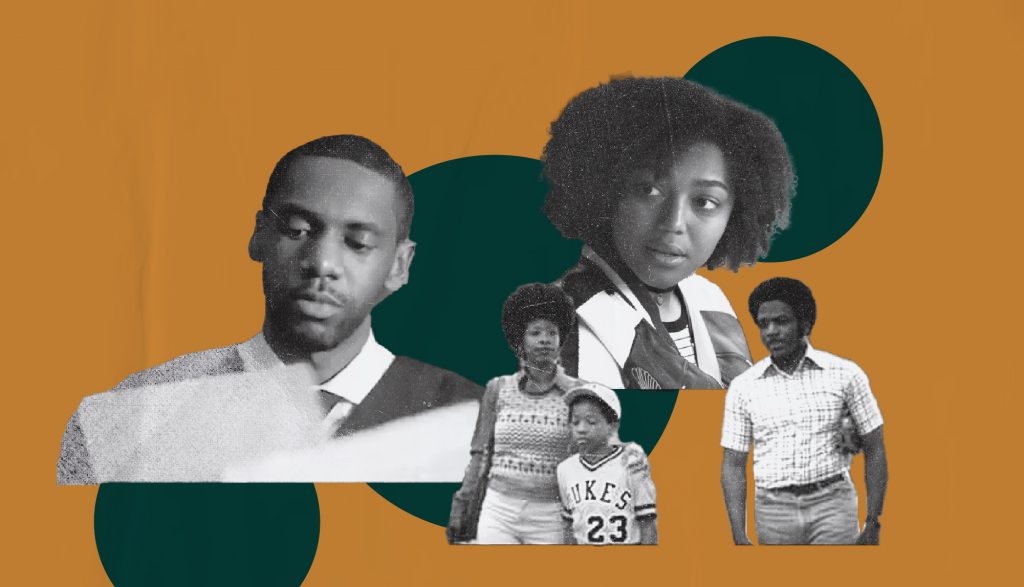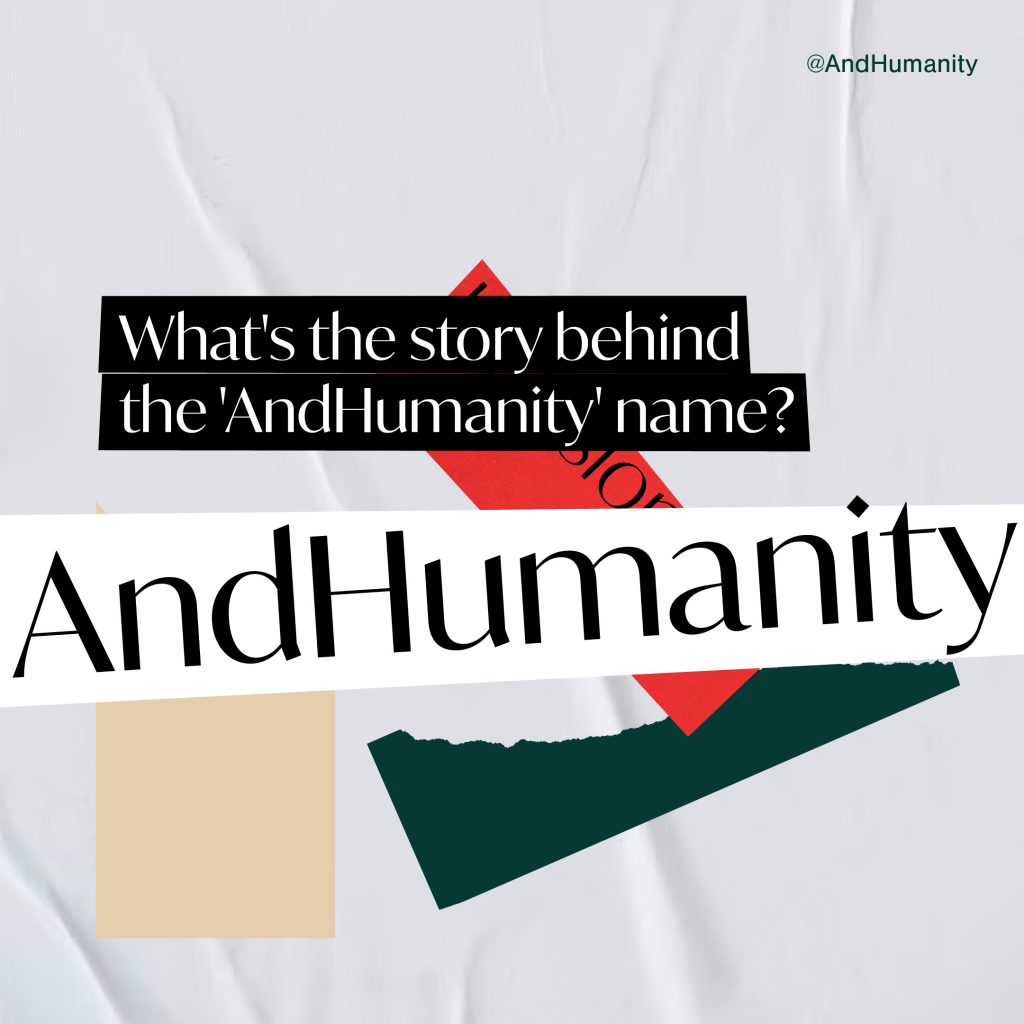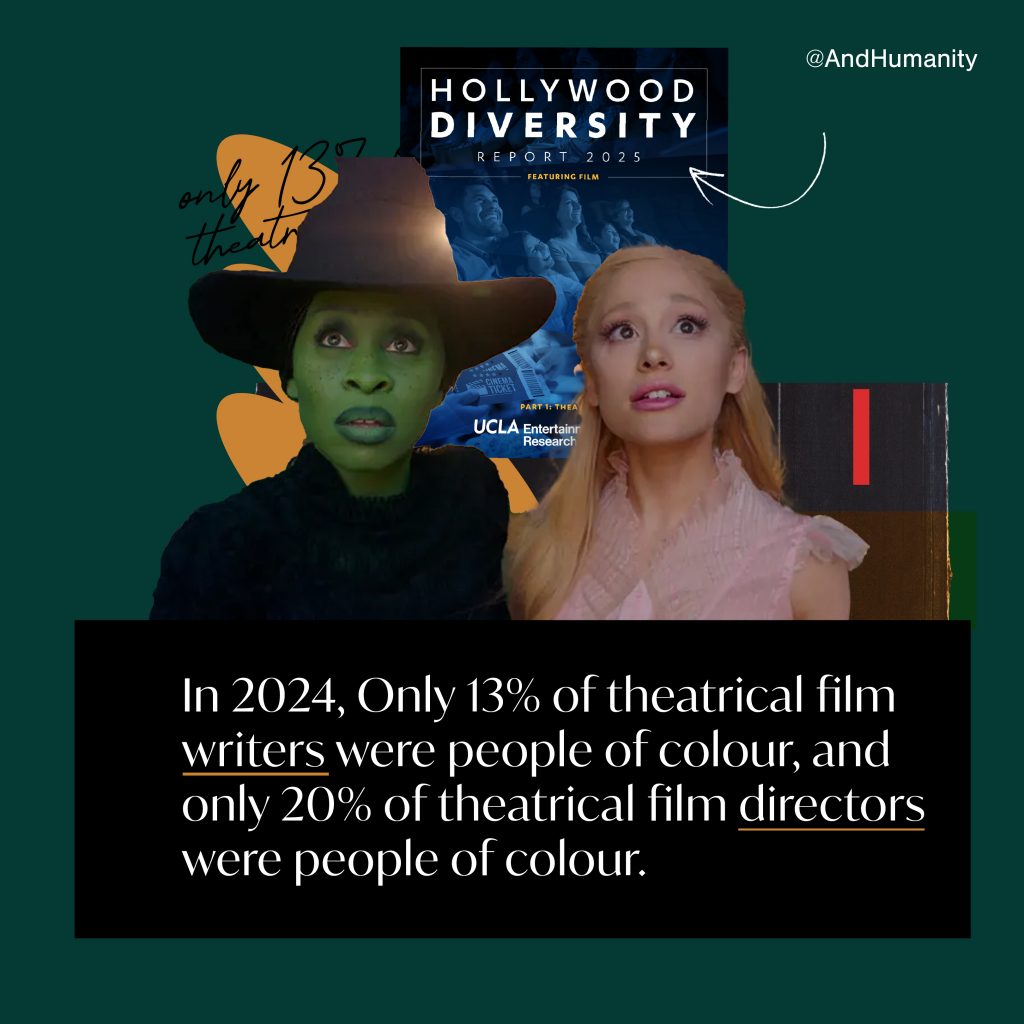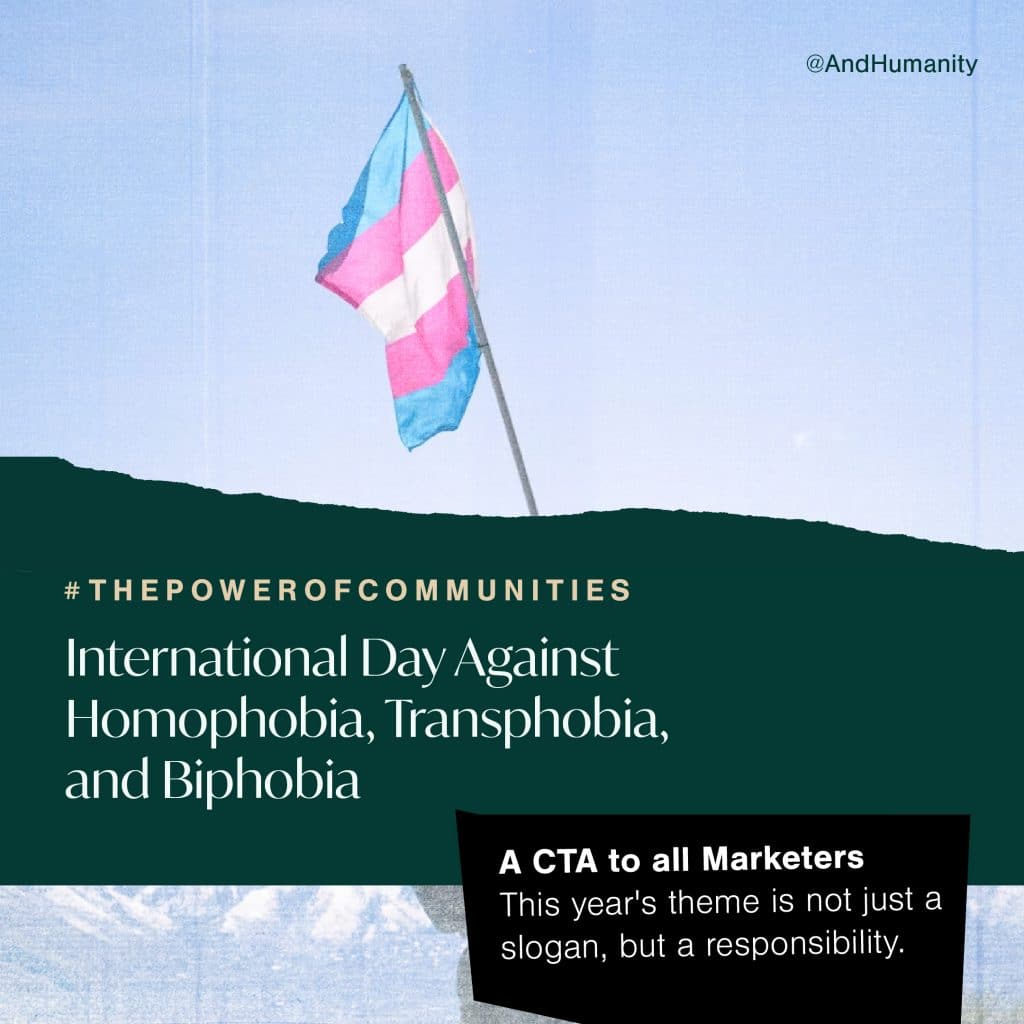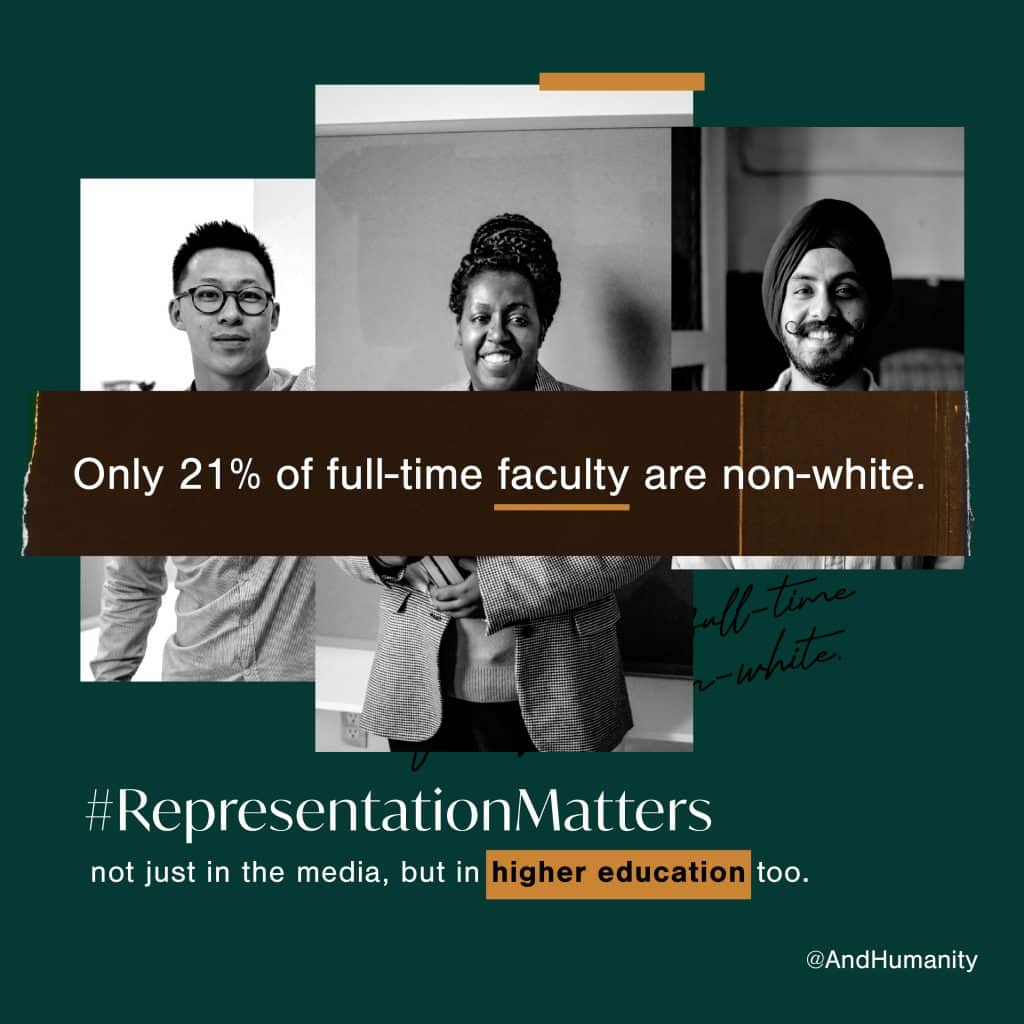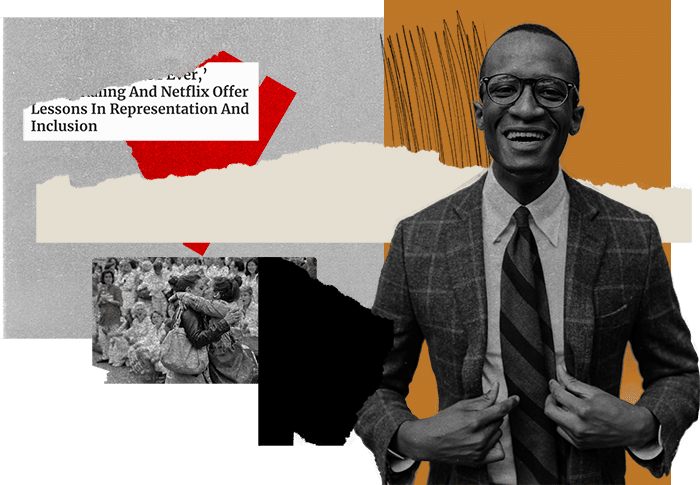The world told me who I was until I finally trusted my own knowing to tell the world.
An Introduction
Hey, I’m Ness, I’m a Justice, Equity, Diversity & Inclusion Brand Strategist at AndHumanity. I’m many things. Intersectionality is the overlapping of our identities and lived experience that is unique to each of us. I am not one thing. I do not fit in a box. I am human. I am reminded of this every day.
Growing up I didn’t know anyone like me, I didn’t see any representations of myself in the media or my community. This lack of visibility, lack of affirming messaging, eroded away at my sense of self. Branding, to brand something, is to label it. The messages we put out into the world hold power, shape norms and influence culture. This matters to me and should to you too. From surviving, I’ve learned that thriving as my authentic self is perhaps one of the most important messages I can convey. What follows is my invitation to journey and a sacred tribute.
Where My Knowing Comes From
When I think of my Gran I first think of her hands: they’re soft and warm, these are loving hands. These are Gran’s hands. Gran’s hands represent comfort, safety, knowing. They’re hard worked, smooth, dark brown and her palms are a pinkish hue. Gran is severely visually impaired, I’d watch her remove her nearly inch thick glasses during work and rub her eyes in weariness. She grew up and lived a low socio-economic life, with joy we counted and proudly saved our coins each day. I experience my Gran surrounded by people and deep respect. Kind. Loving. Wise. Selfless. Hardworking. Breadwinner. Housekeeper. Friend. Confident. Storyteller. Person of colour.
I was six when my Gran asked me what I wanted to be when I grew up. We were standing in the hallway, also the laundry, between her hand washing and my shining her work shoes, as I said “a father and a husband”. I didn’t hesitate. Nothing about that felt wrong to me. Nothing about that felt brave. It was just me being me. Gran lovingly smiled, she said “you were always meant to be a boy”.
Seeing The World Differently
I was seven and living in Hong Kong when I truly understood that what I was seeing wasn’t what everyone else was seeing. Hong Kong is also a part of my identity. It was a bright sunny day and the harsh glare once again transformed my surroundings into dark silhouettes melded together, a dichotomy of solid and light. Excited to use our very first video camera, I remember getting stubborn about whether its light was flashing red to indicate recording. It was not. It was all black. I was certain. I was 7 and I spoke up. When we watched back the video I was flooded with shame and embarrassment; there it was, me squinting right at the camera saying “it’s not recording”. That was pretty much it. That was all I said. But it was everything. It was the moment I knew I couldn’t see like everyone else.
Stories Tell Us Who We Are
I am blind. I now have no functional vision. For this identity I have so much language and yet have never felt accurately represented in the world.
Media representation told me that being blind makes me dependent. That I must minimise myself to survive. That my dream of being a husband and a dad wasn’t possible because disabled people do not have romantic relationships that succeed.
I am trans. I wouldn’t have the language for this until 2013 and I wouldn’t be openly and publicly out until 2020.
The first queer movie I saw told me that I was gay. Mainstream messaging repeatedly echoed that people assigned female at birth attracted to cis females are gay. Having a label was a relief until it became unbearably harming. The people I saw identifying with that label didn’t actually feel the way I do, no one wanted to be a dad or a husband.
I am of aboriginal descent. I am white passing. I wouldn’t have the language for this until 2021. I am still navigating this today.
Mainstream messaging taught me to ignore my connection with my self, my authentic heritage. Without asking, without knowing, the world has told me I am a settler, and in the process erased my and the experiences of a person I love.
We Can Choose The Stories We Keep
I didn’t realise it until my thirties that Gran’s stories have become part of my legacy. As a human I feel there is a desire to be seen, and to see ourselves represented, because it allows us the potential for belonging. Gran has always been my touchstone in my life. I didn’t have the opportunity to come out to Gran as trans yet as I lose much of her voice to Alzheimers, somehow she still sees me whether 6 years old or now, to her I am a Dad.
Gran’s hands.
My hands.
My daughter’s hands.
People have told me “what I am” my whole life and every day I show them “who I am”.
I am Ness Murby. My pronouns are He/Him. Dad, Husband, Son. Gran’s kid always (bonded beyond Alzheimer’s) and Pop’s ‘Tiger’ forever. Australian born. Mixed Aboriginal and Colonial descent. Hong Kong raised me. Settler to Canada. Blind. Transgender. Advocate. 1st openly trans Paralympian. Extroverted Introvert. Believer. Leader. Lover of puzzles, art, psych and culture. Still reads bedtime stories. Carrier of responsibility. Title: Human
Because I had Gran I could imagine being me. Marketing has the ability to help people imagine differently through challenging assumptions and stereotypes, through representing authentic humans when we don’t have a “Gran” to champion us being ourselves.
Changing The Narrative
Rising Phoenix offical lyric video
Written and performed by Daniel Pemberton, Toni Hickman, georgetragic, Keith Jones
“So how dare you try to remind me that I don’t fit into your perception? How dare you try to define me. I’m beyond what you see as perfection”
As a blind person the first time I felt I saw myself in mainstream media was in 2020 when Rising Phoenix was released, and even then what I saw was just part of my identities. Those, my disability and paralympian identity, have also come at the cost of my other intersections. For example, in spaces where my disability is accepted and championed my gender identity is not and vice versa. Marketing has the power to influence social norms, to challenge the status quo. For now, this is what I have. I turn to Rising Phoenix when I need to ground myself in my knowing. I reframe the lyrics for me: “ ‘cause I will never stop believing in me. It doesn’t matter what you think I should be. See I am what I am, ” and this empowers me.
The Message Needs To Be Human-First
Not seeing myself represented in either the media or my community was harmful, it told me I needed to edit myself to conform to a more acceptable version of myself. In telling the world who I am I get to show up as the person I’ve needed to see.
Intersectionality is my authentic self. We all have multiple dimensions of identity. I am not one thing. I do not fit in a box. I am human. It’s important for everyone to be able to see themselves represented in the world, to see that there is space for them. Authentic representation means championing intersectional identities.
